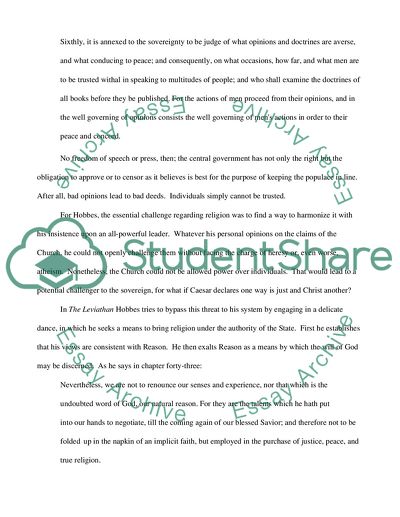Cite this document
(“Religion in a New Age: Locke and Hobbes in Contrast Essay”, n.d.)
Religion in a New Age: Locke and Hobbes in Contrast Essay. Retrieved from https://studentshare.org/religion-and-theology/1578257-unlike-locke-hobbes-seeks-to-embrace-religion-but-it-is-a-deadly-embrace-discuss
Religion in a New Age: Locke and Hobbes in Contrast Essay. Retrieved from https://studentshare.org/religion-and-theology/1578257-unlike-locke-hobbes-seeks-to-embrace-religion-but-it-is-a-deadly-embrace-discuss
(Religion in a New Age: Locke and Hobbes in Contrast Essay)
Religion in a New Age: Locke and Hobbes in Contrast Essay. https://studentshare.org/religion-and-theology/1578257-unlike-locke-hobbes-seeks-to-embrace-religion-but-it-is-a-deadly-embrace-discuss.
Religion in a New Age: Locke and Hobbes in Contrast Essay. https://studentshare.org/religion-and-theology/1578257-unlike-locke-hobbes-seeks-to-embrace-religion-but-it-is-a-deadly-embrace-discuss.
“Religion in a New Age: Locke and Hobbes in Contrast Essay”, n.d. https://studentshare.org/religion-and-theology/1578257-unlike-locke-hobbes-seeks-to-embrace-religion-but-it-is-a-deadly-embrace-discuss.


